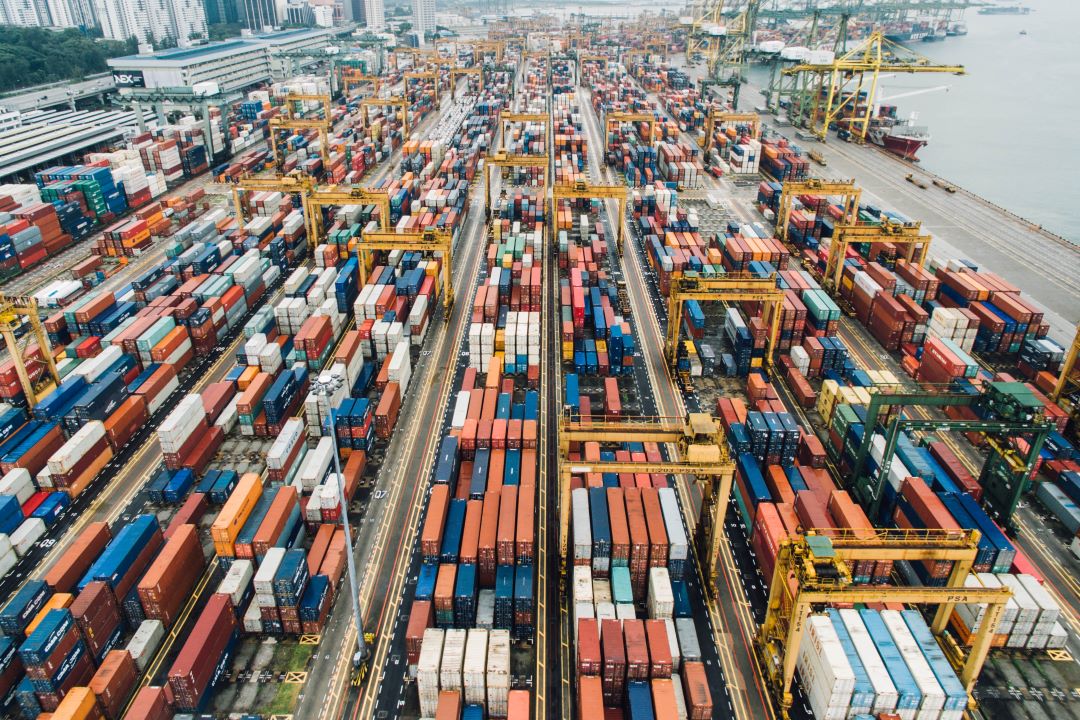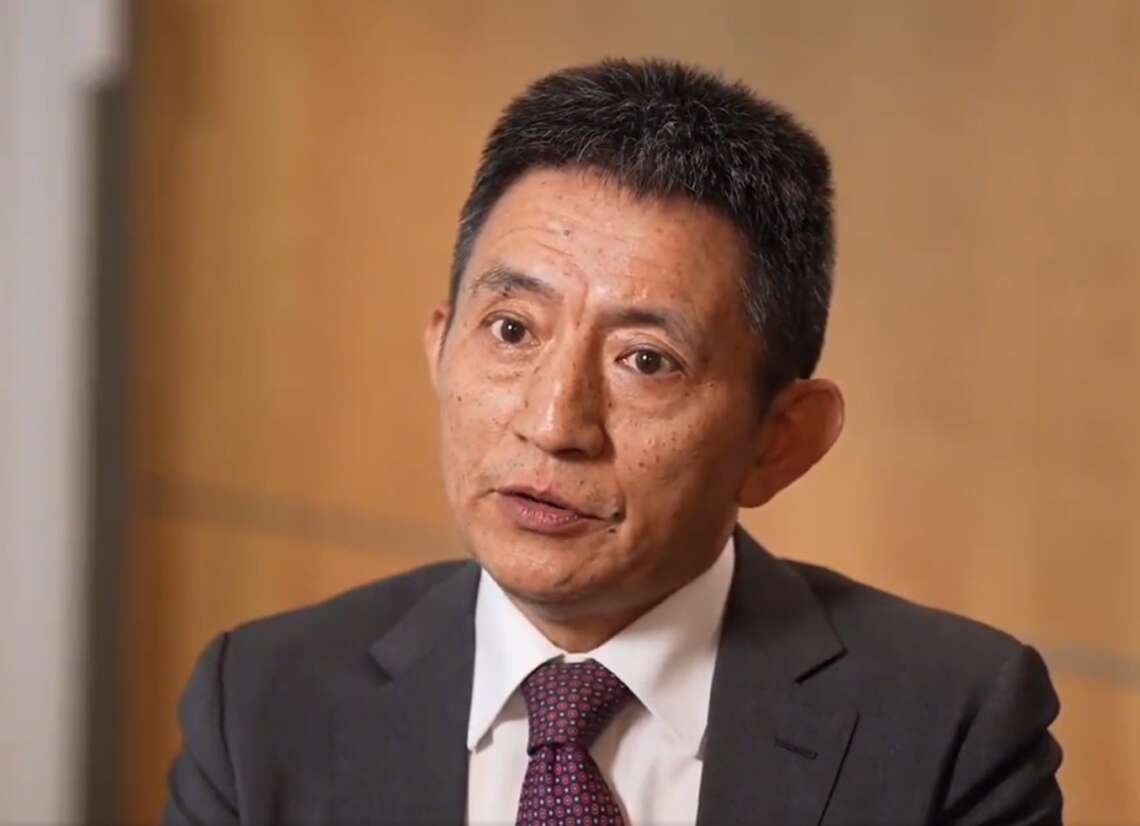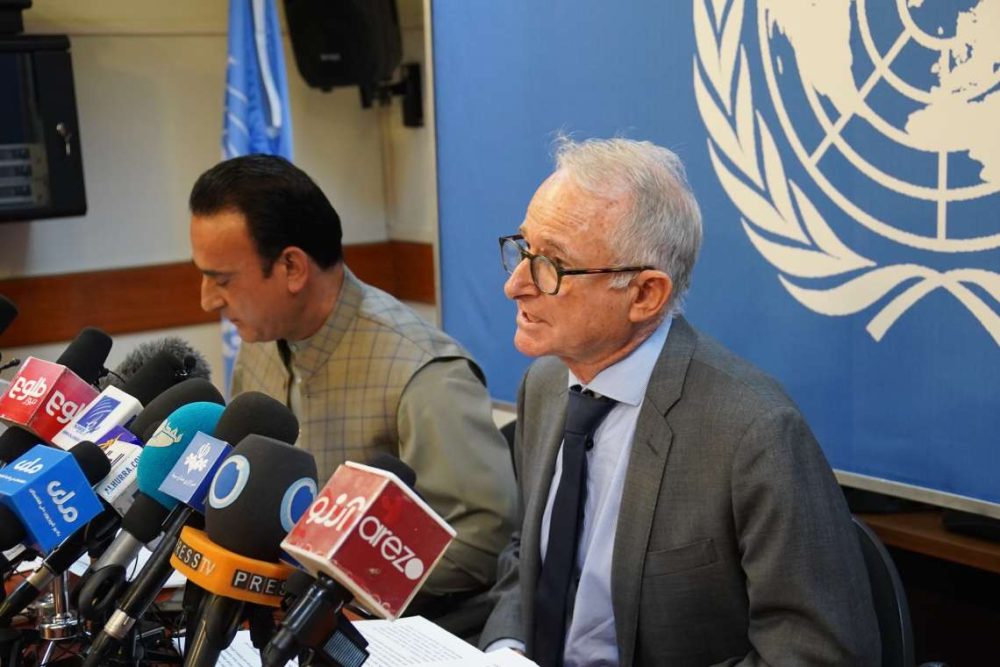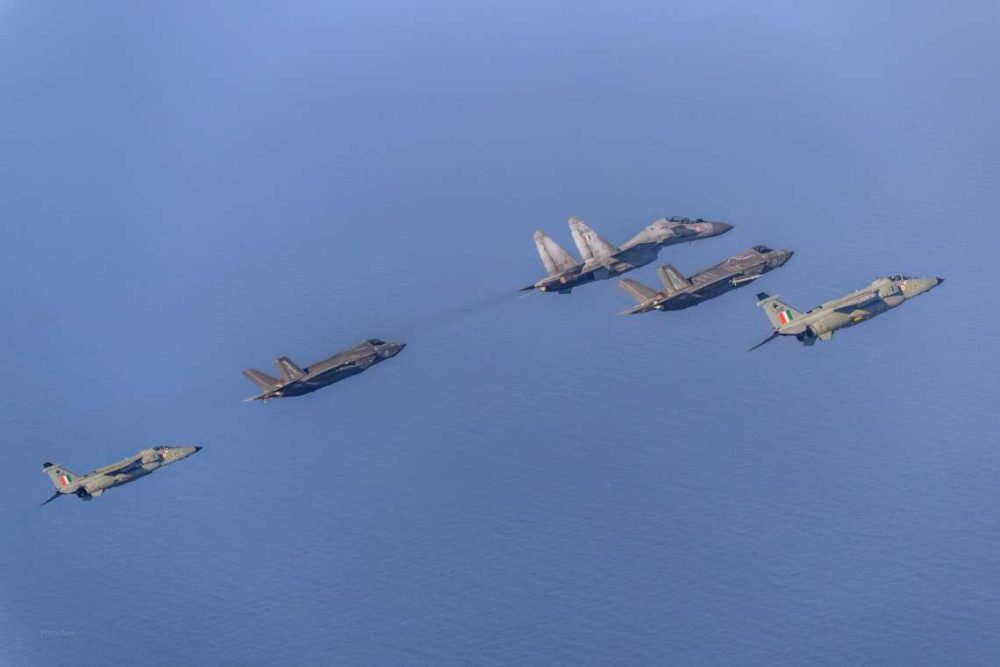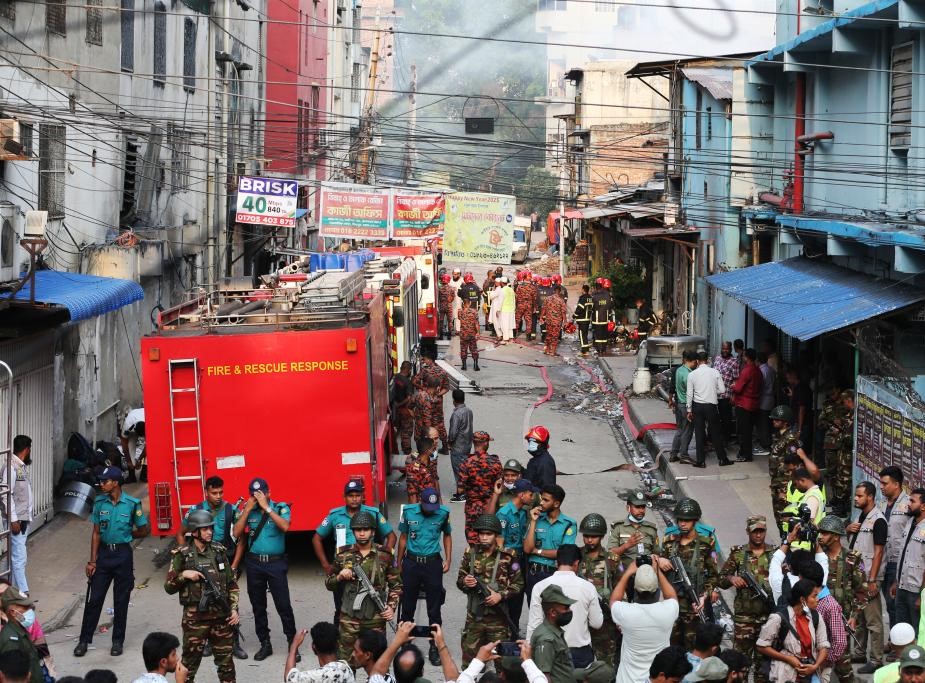From Sheikhupura to Dera Ghazi Khan, the unrest has spread, with demonstrations taking the form of sit-ins, rallies, and clashes with the police.
Protests have erupted across Pakistan’s Punjab province, where wheat farmers are expressing their frustration over what they describe as unfair wheat prices and ineffective government procurement measures. From Sheikhupura to Dera Ghazi Khan, the unrest has spread, with demonstrations taking the form of sit-ins, rallies, and clashes with the police. Farmers are demanding better compensation for their wheat harvests, arguing that the current market rates do not cover their production costs.
The protests have gained significant traction, with farmers’ unions and political groups such as Jamaat-i-Islami (JI) and Kissan Ittehad lending their support. The unrest comes as the wheat harvest season begins across thousands of acres in Punjab, one of Pakistan’s most important agricultural regions. Despite a timely and healthy crop, farmers are struggling due to the low market rates they are being offered, which range from Pakistani Rupees (PKR) 2,200 to PKR 2,500 per 40kg. Farmers argue that these rates fall far below the production costs, leaving them unable to recover their investments.
Many farmers in the region have reported taking loans or purchasing agricultural inputs like fertilisers and pesticides on credit to support their wheat production. Muhammad Ashraf, a farmer from the area, shared his distress, saying, “We had to borrow from fertiliser dealers just to plant wheat, and now we can’t even recover our investment.” Another farmer, Muhammad Nasir, criticised the authorities for what he sees as the neglect of the agricultural community and accused grain traders of exploiting the situation by offering unfairly low prices.
The protests have called for direct intervention from Pakistan’s Prime Minister Shehbaz Sharif and Punjab’s Chief Minister Maryam Nawaz to ensure farmers receive just compensation for their crops. In Rahim Yar Khan, the local chapter of Kisan Board Pakistan held a demonstration outside the deputy commissioner’s office, condemning the government’s refusal to buy wheat and its failure to implement a fair pricing structure. In Sargodha, the Kissan Bachao Tehrik staged a rally demanding a wheat support price of PKR 4,700 per maund. Similar protests were held in other cities such as Gujranwala and Sahiwal, where farmers, along with JI activists, set up protest camps and marched to local government offices, chanting slogans like “No farmers, no food – no life.” These protests have called for immediate action from the government to address the grievances of farmers.
The unrest in Punjab, however, is part of a larger issue facing Pakistan’s agricultural sector. As per reports, corporate farming initiatives and land leases to private entities are threatening to displace small-scale farmers. The Pakistan Kissan Rabita Committee (PKRC) has been at the forefront of protests against what they see as a corporate takeover of agriculture in Pakistan. Over 30 towns and cities, including Islamabad, Lahore, Bahawalpur, Rajanpur, Jhang, and Sukkur, have witnessed demonstrations led by the PKRC. The protests are also a response to the absence of a Minimum Support Price (MSP) for wheat and the proposed privatisation of the Pakistan Agricultural Storage and Services Corporation (PASSCO).
Farooq Tariq, Secretary General of the PKRC, condemned the government’s decision to lease out 1.7 million acres of farmland to corporate entities, calling it a move designed to displace small-scale farmers and undermine local food systems. “The government is prioritising profits over sustainability and social justice,” Tariq said. He demanded agrarian reforms, including land ownership legislation that aligns with the UN Declaration on the Rights of Peasants.
The issue of corporate farming has raised alarms among farmers and political activists who argue that such moves will marginalise small farmers, undermine food security, and deepen poverty in rural areas. The proposed construction of six canals across the Indus River to support corporate agriculture in Cholistan has also been met with widespread opposition. Activists argue that this project will further exacerbate water shortages in the region, which already suffers from erratic rainfall and floods exacerbated by climate change.
Women leaders of the PKRC, such as Riffat Maqsood, have also raised their voices, stressing the importance of setting a wheat MSP at PKR 4,000 per 40kg. They argue that an MSP is crucial to protecting farmers from market volatility and ensuring fair competition. The lack of an MSP and the failure to maintain public grain procurement systems have left farmers vulnerable to exploitation by middlemen and grain traders, who offer prices far below what is needed to sustain farming operations.
The situation in Punjab highlights the growing challenges facing Pakistan’s agricultural sector. Rising input costs, lack of government support, and the adverse impacts of climate change are putting pressure on farmers. The government’s failure to address these issues through meaningful reforms is pushing farmers to the brink, as evidenced by the ongoing protests.
The protests across Punjab are not just about low wheat prices, but a broader call for urgent agrarian reforms to protect the livelihoods of farmers and ensure food security in the country. As Pakistan’s agricultural sector faces numerous challenges, including the threat of corporate farming, water shortages, and climate-related issues, it is essential for the government to step in and address the needs of farmers. The unrest in Punjab is a reminder that the future of small-scale farming in Pakistan hangs in the balance, and the government must act quickly to ensure that farmers are supported and that agriculture remains sustainable for generations to come.



